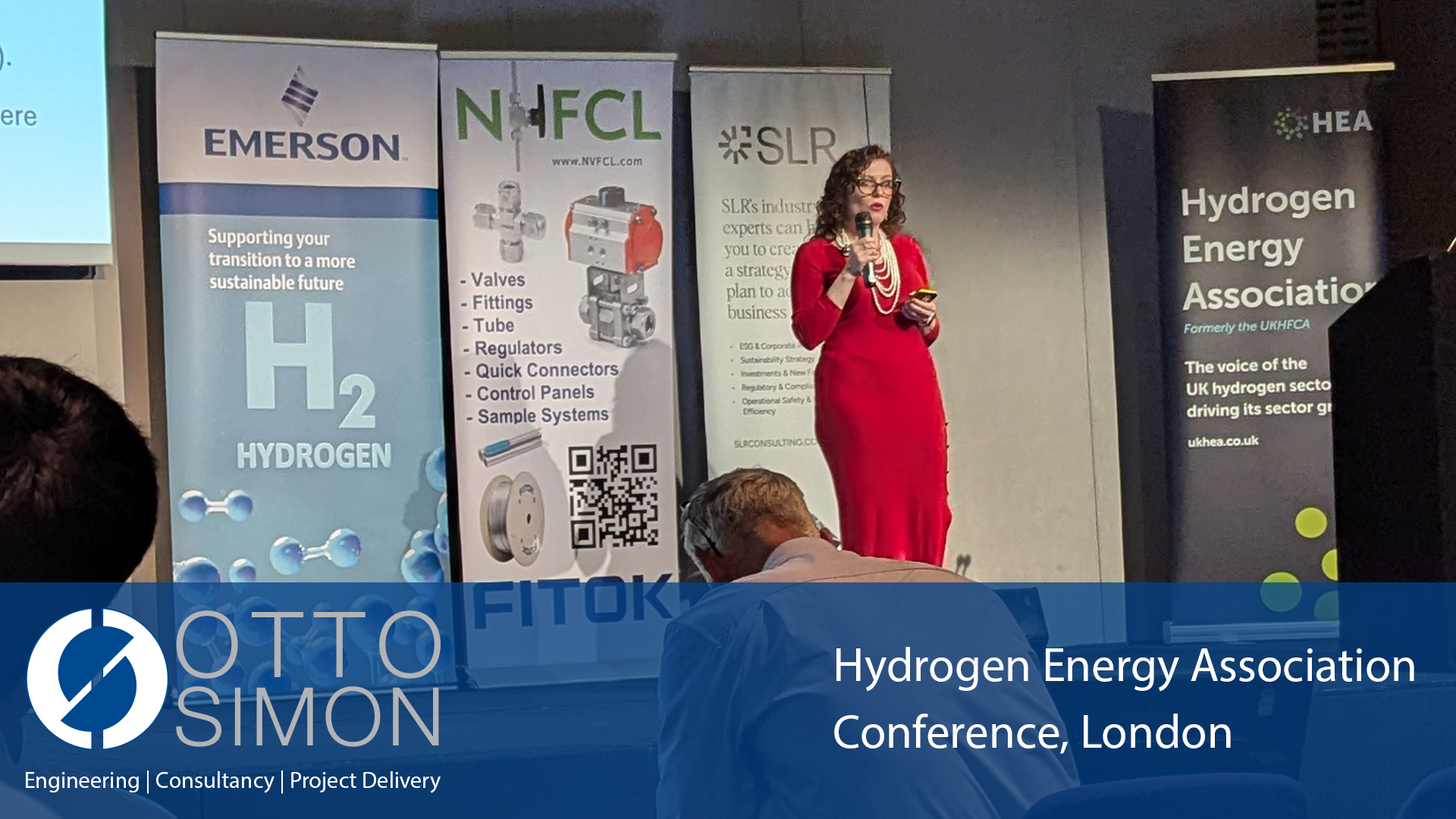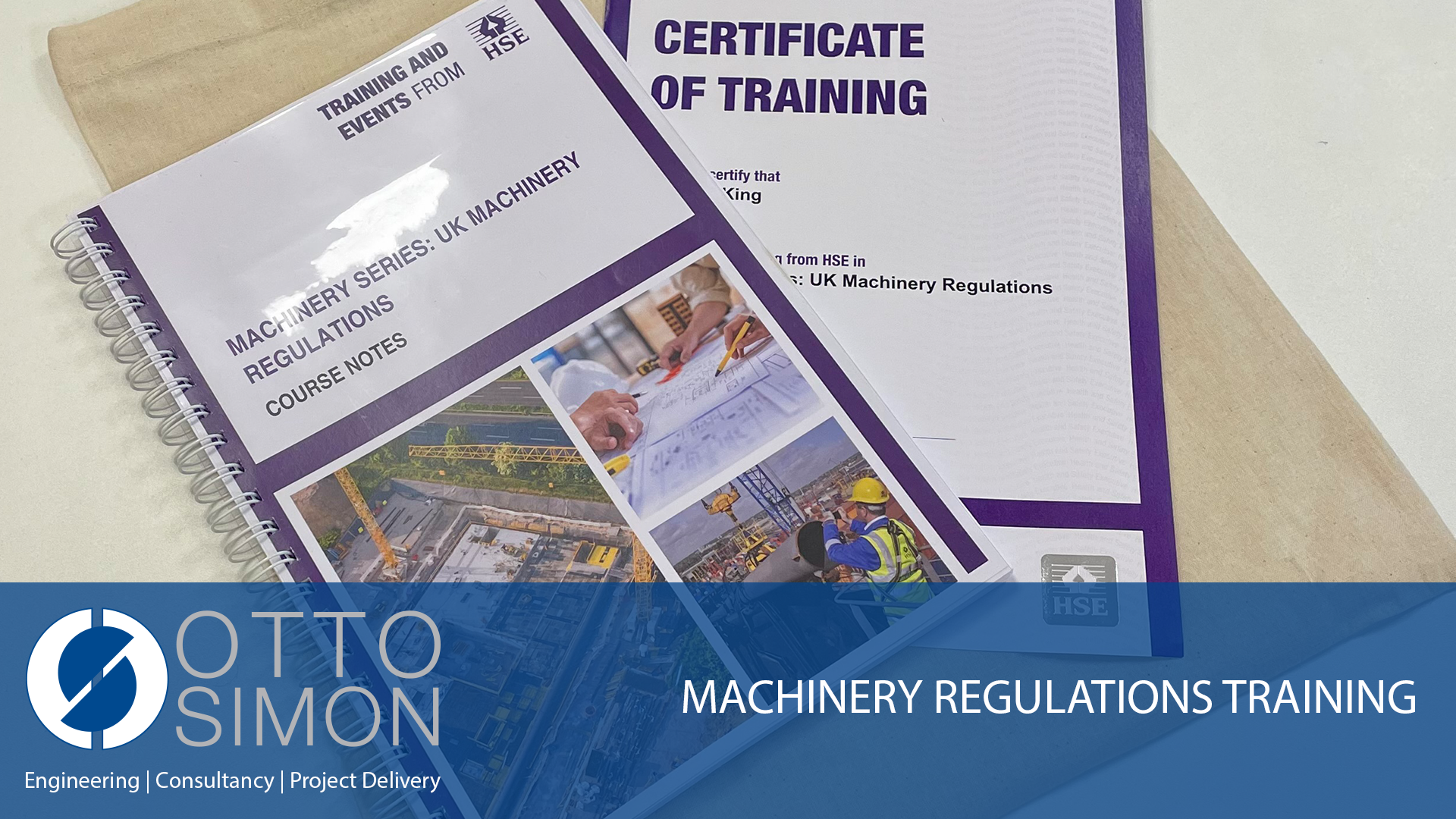By Clees
•
July 2, 2025
At Otto Simon, we’ve been carefully reviewing the UK’s Modern Industrial Strategy 2025 to understand the potential impact on the sectors we serve — and, more importantly, how this may affect our clients and partners. While we highly recommend reviewing the full strategy yourself at The UK's Modern Industrial Strategy 2025 - GOV.UK , here are the main take-away points from Otto Simon’s perspective: Chemicals Sector The strategy outlines several important proposals aimed at supporting the UK’s chemicals and manufacturing industries. Key areas of focus include: Reducing Industrial Electricity Costs – The government aims to expedite grid connections for new power generators and increase investment in green energy. In addition, continued support for the Energy-Intensive Industries Compensation Scheme is planned. For many Otto Simon clients who rely on high volumes of energy for their operations, these measures could significantly lower overheads. Historically, UK industry has faced much higher electricity costs than many international competitors — so this change should improve both competitiveness and investment potential. Easing the Regulatory Burden – Otto Simon supports clients in meeting both legal and moral obligations around safety and compliance. While regulation remains essential for managing risk in high-hazard environments, unnecessary administrative burdens often create inefficiencies. Although further detail is awaited, we will continue to monitor developments and help our clients interpret and implement any changes to legislation or industry standards. Improving Infrastructure and Planning Processes – The strategy includes proposals to reduce planning barriers and invest in key infrastructure. Improved logistics and access to essential inputs can enhance operational reliability and help maintain competitiveness across the chemicals sector. Hydrogen Sector The government has reaffirmed its commitment to clean energy — including hydrogen — by doubling investment in the sector. This aims to strengthen the UK’s position as an early leader in the hydrogen economy, particularly in technologies such as electrolysers and engineering services. The transition from natural gas to hydrogen represents a key component of the UK’s future energy strategy, with significant potential for decarbonising industrial processes. Otto Simon continues to support clients seeking to integrate hydrogen as a viable fuel source and remains actively involved in the delivery of practical, large-scale hydrogen solutions across heavy industry. This includes supporting the development of projects under the UK’s Hydrogen Allocation Rounds (HAR1 and HAR2), which aim to bring low-carbon hydrogen production to commercial scale. Industrial Biotechnology Sector Otto Simon has a strong track record in supporting innovative companies working in fermentation and biotechnologies. While the 2025 strategy does not explicitly target industrial biotechnology, adjacent sectors — such as pharmaceuticals and clean energy — are likely to benefit from broader support measures. We acknowledge that the UK/US trade agreement may impact the competitiveness of certain bio-based fuels such as bioethanol, but the UK remains home to a vibrant innovation ecosystem. Otto Simon stands ready to assist these organisations in developing technologies that support the UK's sustainable future ambitions. Emergent Technology Sector The strategy makes clear the government’s ambition to support the entrepreneurial ecosystem — a key segment of Otto Simon’s Emergent Technology client base. Key initiatives include: Driving Innovation – The government is looking to incentivise collaboration between academia and industry, fostering innovation-led growth across the UK. With many ground-breaking technologies historically relocating abroad due to high costs, the government’s goal is to retain and nurture these businesses within the UK economy. Improving Access to Finance – Through grants, loans, and tax relief schemes, the government intends to support early-stage and high-growth businesses. Expanding access to funding can help these companies commercialise innovations and scale operations. Otto Simon continues to support emergent technology enterprises — offering expertise from concept design through to deployment — ensuring engineering and process challenges don’t slow down innovation. Conclusion The 2025 Industrial Strategy signals a renewed focus on long-term government support for UK industry — particularly in innovation, clean energy, and manufacturing. Otto Simon will continue to track these developments closely, working alongside our clients and partners to ensure they remain informed, prepared, and positioned to benefit from the evolving industrial landscape.



